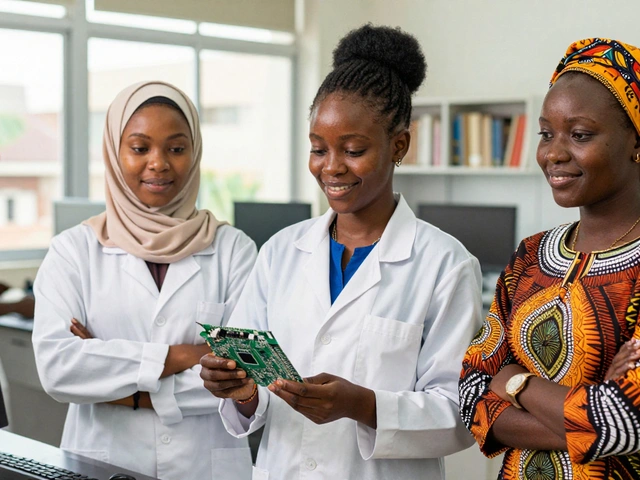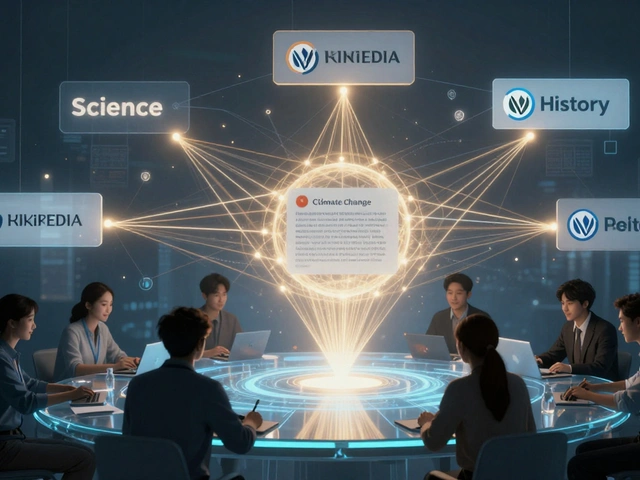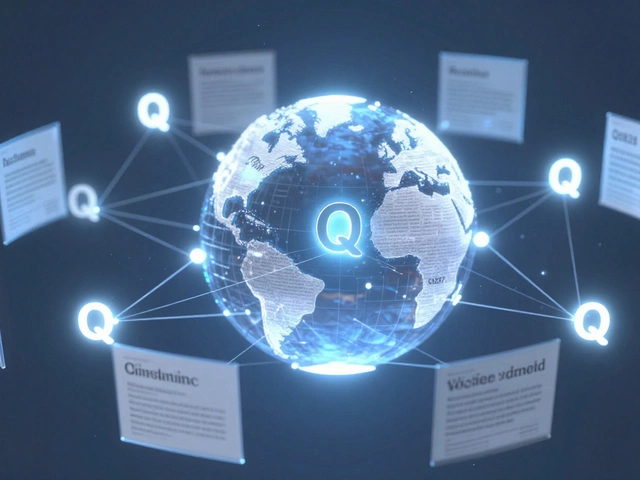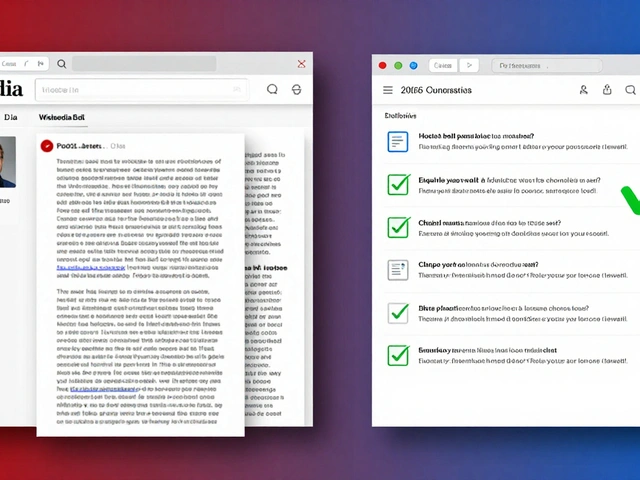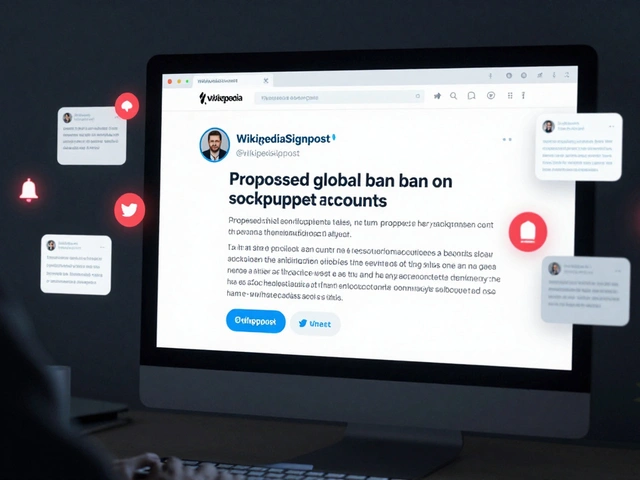Scholarly Publishing on Wikipedia: How Open Knowledge Shapes Academic Research
When you think of scholarly publishing, the system through which academic research is peer-reviewed, published, and distributed through journals and books. Also known as academic publishing, it’s traditionally locked behind paywalls, slow to update, and hard for non-academics to access. But Wikipedia has quietly become a bridge—connecting public readers to peer-reviewed research without the gatekeeping. It doesn’t replace journals, but it turns their findings into something usable, verifiable, and free.
Behind every well-sourced Wikipedia article is a network of volunteers digging through secondary sources, published analyses, reviews, or summaries of original research that help establish context and consensus—the very backbone of academic credibility. Editors don’t cite raw data or lab reports; they cite books, journal articles, and reputable news outlets that have already vetted the claims. That’s why Wikipedia’s reliable sources, publicly documented standards for what counts as trustworthy in academic and journalistic contexts list matters so much. A single retracted paper can trigger a cascade of edits. A new meta-analysis? It might land in a dozen articles within days. This isn’t just editing—it’s real-time, crowd-powered peer review.
And it’s not just for students. Journalists use Wikipedia to trace the origins of a study. Librarians point patrons to its citations. Researchers check its references before diving into paywalled databases. Even AI systems trained on open knowledge rely on Wikipedia’s structured citations to avoid hallucinations. The open knowledge, freely accessible, reusable, and collaboratively built information that anyone can edit and share under permissive licenses movement didn’t just challenge traditional publishing—it rewired how knowledge flows. You won’t find Wikipedia cited in a Nobel Prize-winning paper, but you’ll almost certainly find its references pointing back to one.
What follows is a collection of posts that show how this system works in practice: how volunteers turn academic research into public knowledge, how licensing and sourcing rules keep it honest, and why Wikipedia remains more trusted than AI-generated summaries—even when the AI answers faster. You’ll see how editors handle copyright takedowns that erase years of work, how WikiProjects coordinate global efforts to cover everything from climate science to African languages, and why a single misused image can undo months of careful sourcing. This isn’t about replacing scholars. It’s about making their work matter beyond the academy.
Peer-Reviewed Journals Specializing in Wikipedia and Open Knowledge
Peer-reviewed journals are now publishing rigorous research on Wikipedia and open knowledge systems, treating them as legitimate subjects of academic study. These journals promote transparency, open access, and community-driven scholarship.

